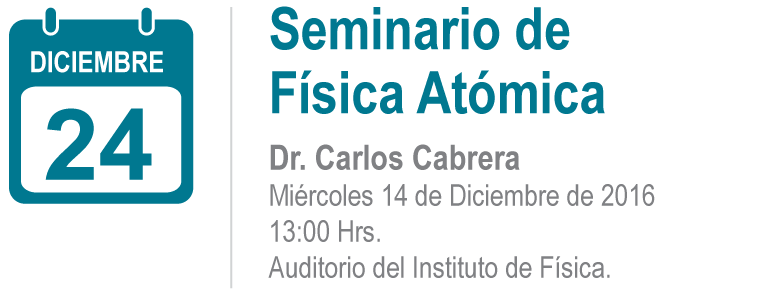
Procedenica: ICFO
Resumen:
In the presence of attractive interactions, a Bose-Bose mixture has been predicted to host a novel type of ultra-dilute liquid-like phase, a quantum droplet [1]. This is a macroscopic self-bound object where the attractive interactions between the particles are exactly compensated by repulsive forces originating purely from quantum fluctuations. Thus, droplets cannot be described in a simple mean-field picture, and their existence is a striking quantum many-body effect. Similar physics has recently been observed in the context of dipolar quantum gases [2-5].
In my talk, I will present the first experimental study of quantum droplets in an attractive spin mixture of two 39K Bose-Einstein condensates. The experiments are performed in an optical wave-guide, where a first order phase transition between a two-component bright soliton and a quantum droplet is expected to take place. We explore the soliton-to-droplet crossover above the critical point and demonstrate the self-bound character of the system, its composite nature, and how quantum fluctuations stabilize the system far beyond the mean-field collapse threshold.










